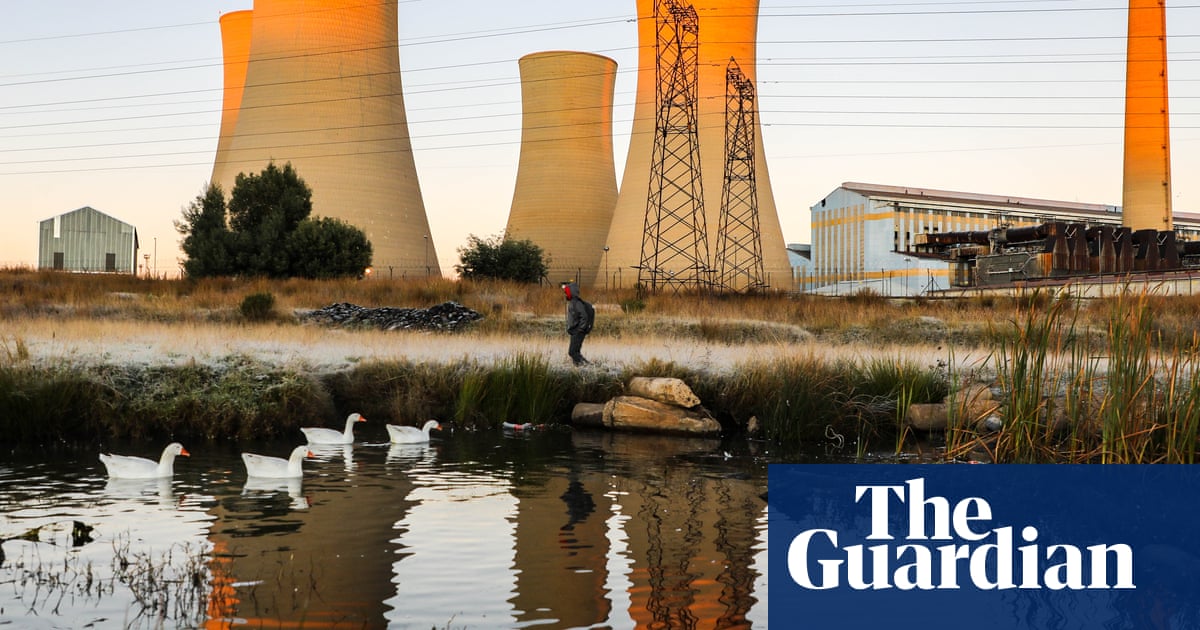Chinese fishing fleets are allegedly using North Korean forced labour, a potential breach of international sanctions, with workers allegedly kept at sea for up to a decade, according to a new report by the UK-based Environmental Justice Foundation (EJF).
The report, published on Monday, has identified at least 12 Chinese deep-water fishing vessels that employed North Korean crew between 2019 and 2024.
There are strict international sanctions on United Nations member countries using North Korean labour. Adopted by the UN security council, the sanctions are designed to curtail Pyongyang’s program of exporting labour and goods to raise funds for its weapons programs.
Some North Korean crew were allegedly kept at sea for up to a decade, transferred from vessel to vessel and often temporarily transferred to other ships to avoid being detected at foreign ports, with their salary given to their government.
EJF identified the North Korean crew through photos, video, and interviews with 19 Indonesian and Filipino fishers who worked alongside them in the Indian Ocean.
The North Koreans described in the EJF report were likely sent to work on the boats by their government, which is known to export its citizens as labourers. It is one of several forms of forced labour which the UN office of the human rights high commission says has become “deeply institutionalised” in the closed-off authoritarian country.
“Some of the North Korean crew told me that they work on Chinese fishing vessels to escape from military conscription,” one Indonesian fisher told the Guardian. “There are only two choices, to support the government by working in plantations or a government enterprise, or to work abroad on Chinese fishing vessels.”
“My [North Korean] friend told me was that in seven years working on fishing vessels, they and their family were never given the money. The government takes the money and once they return the government builds them a house as compensation. They were not happy about the arrangement but they don’t have any option.”
The fishers also described multiple at-sea transfers of the North Koreans and alleged attempts to hide them from detection by temporarily moving them to another vessel before going in to port.
“This indicates that vessel captains, and likely vessel owners, were aware that the use of this labour was prohibited,” said EJF. In 2022 six North Koreans and a Chinese boat captain were arrested in Mauritius for allegedly refusing to report the North Koreans’ entrance to the country.
after newsletter promotion
The sanctions against North Korean labour prohibit UN and EU member states from issuing work permits to North Korean nationals and ban UN member states from acquiring seafood originating from North Korea or its nationals, and on UN member states nationals from procuring any. A UN security council resolution also required all UN member states to expel any North Korean workers by 2019. But the use of North Korean labour continues, and China is a key destination for North Korean workers sent abroad.
Last year it was revealed tens of thousands had been sent to work in Chinese factories and seafood processing plants, with widespread allegations of abuse and exploitation.
China’s deep sea fishing fleet is the largest in the world and has been accused of widespread abuse and exploitation of crew members and illegal fishing practices.
Steve Trent, chief executive of EJF, said there needed to be more collective responsibility taken for ensuring transparency in supply chains, to avoid products “tainted by modern slavery”.
“Failure to take the necessary, low- or no-cost steps to end this outlined by the charter for fisheries transparency, from mandatory transmission of AIS signals to the elimination or close monitoring of trans-shipment, means turning a blind eye to extreme, avoidable suffering.”
Additional research by Jason Tzu Kuan Lu

 3 months ago
82
3 months ago
82

















































